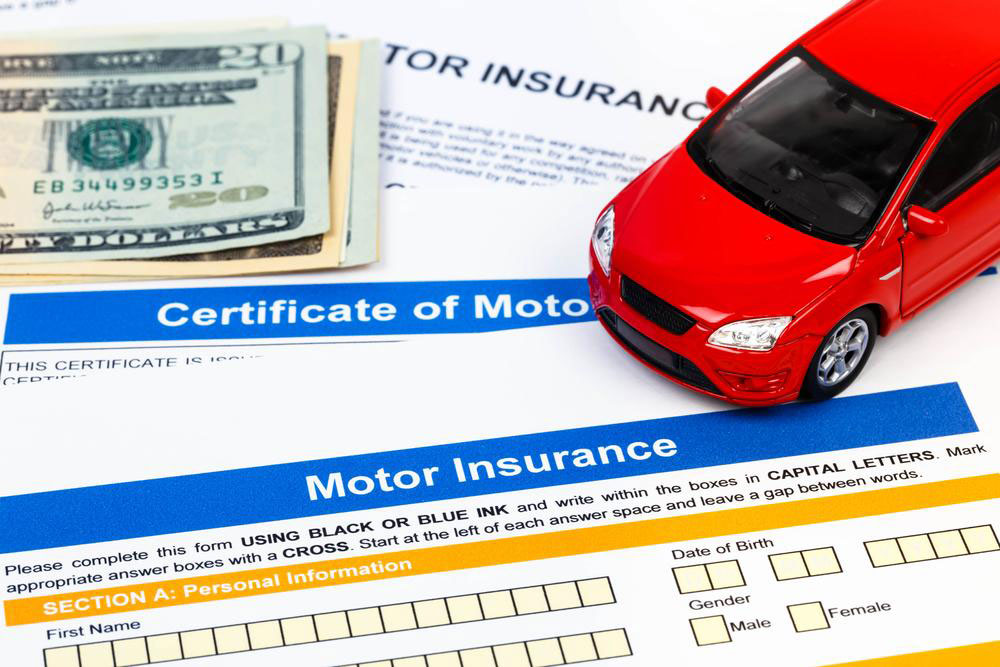Guide to Obtaining Vehicle Insurance in Florida
Learn how to secure affordable car insurance in Florida with tips on comparison shopping, understanding state requirements, and factors affecting rates. Find out how to save money while complying with Florida's insurance laws.
Sponsored

Florida is the fourth most populous state in the U.S. and is known for having some of the highest auto insurance premiums nationwide. Moving from a state with lower rates and fewer regulations can make obtaining coverage seem costly.
What drives Florida's higher insurance costs? The state has a large population of senior drivers, being a popular retirement destination. Additionally, its no-fault laws influence premium prices, adding to the expenses.
However, affordable options do exist. Patience and thorough comparison shopping are key to finding budget-friendly car insurance quotes in Florida. Be prepared to provide details like zip code, age, marital status, and driving history when requesting quotes from major providers such as State Farm, Geico, Allstate, Progressive, Travelers, MetLife, and Liberty Mutual.
Visit individual insurer websites, input your details, and compare their quotes to identify the best deal. Variations are common because each insurer values your information differently, which impacts the overall cost. Remember, insurance rates also vary by city and neighborhood within Florida.
Most importantly, it’s advisable to purchase more than the minimum coverage mandated by law. Florida requires $10,000 for property damage liability per accident and $10,000 in personal injury protection. The personal injury protection is crucial in no-fault states, as it allows injured parties to claim benefits from their own insurance regardless of fault.






